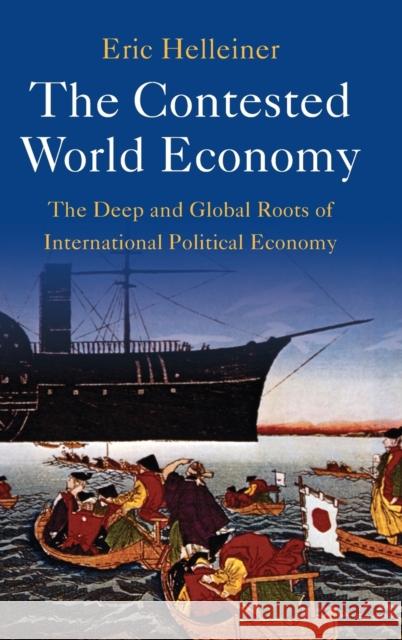The Contested World Economy: The Deep and Global Roots of International Political Economy » książka
topmenu
The Contested World Economy: The Deep and Global Roots of International Political Economy
ISBN-13: 9781009337502 / Twarda / 2023
The Contested World Economy: The Deep and Global Roots of International Political Economy
ISBN-13: 9781009337502 / Twarda / 2023
cena 345,02
(netto: 328,59 VAT: 5%)
Najniższa cena z 30 dni: 340,36
(netto: 328,59 VAT: 5%)
Najniższa cena z 30 dni: 340,36
Termin realizacji zamówienia:
ok. 22 dni roboczych.
ok. 22 dni roboczych.
Darmowa dostawa!
A pioneering global history of the pre-1945 debates that forged the field of international political economy.











